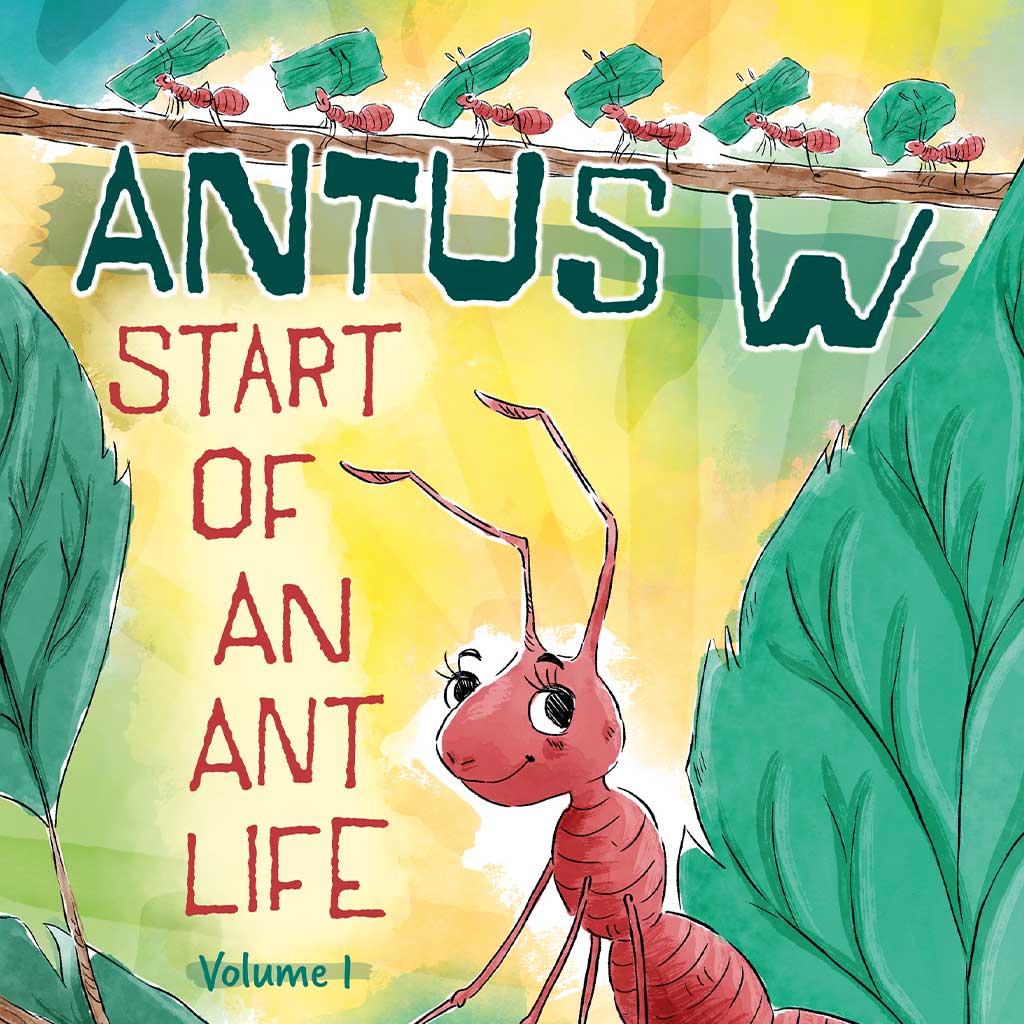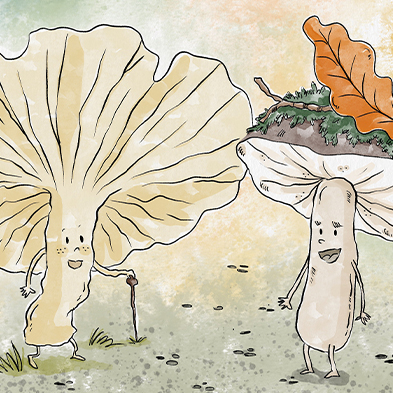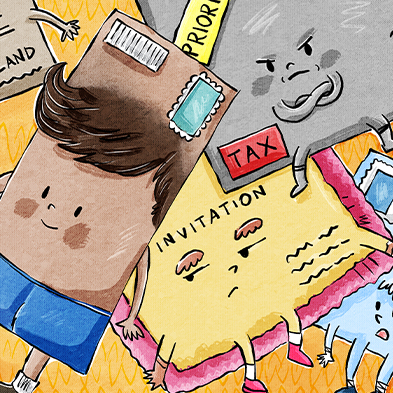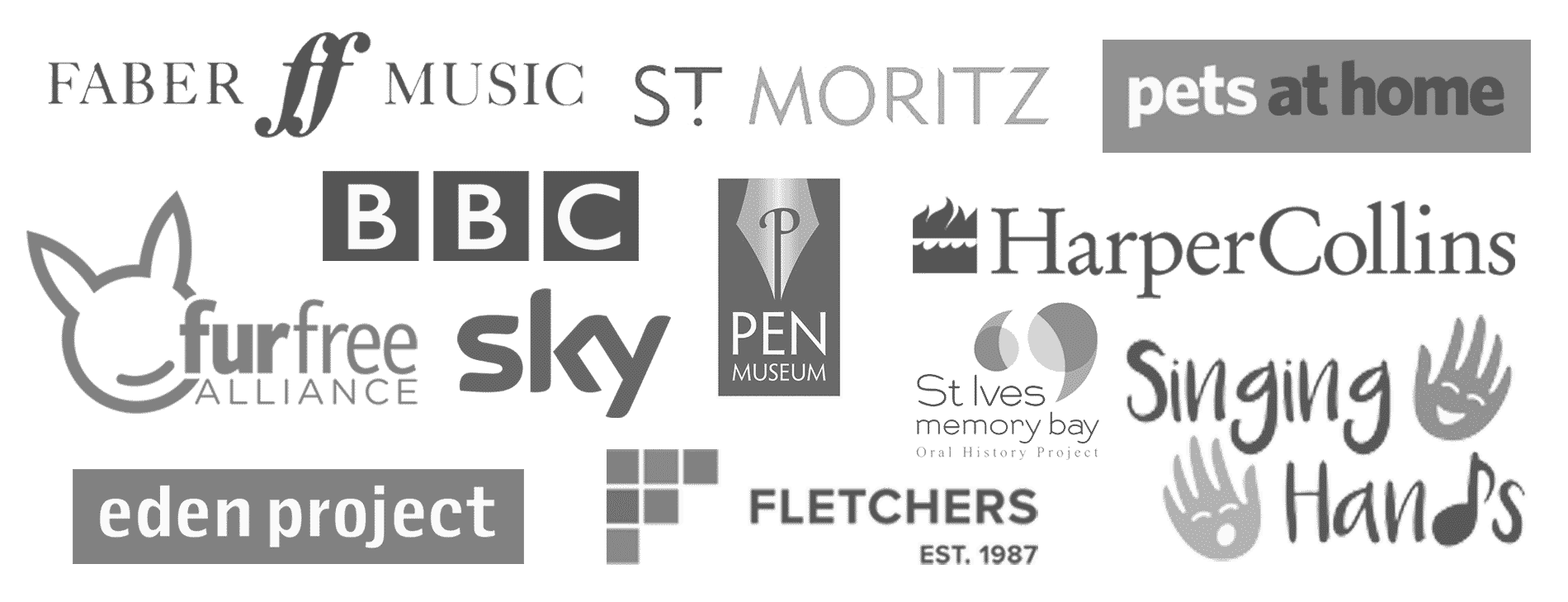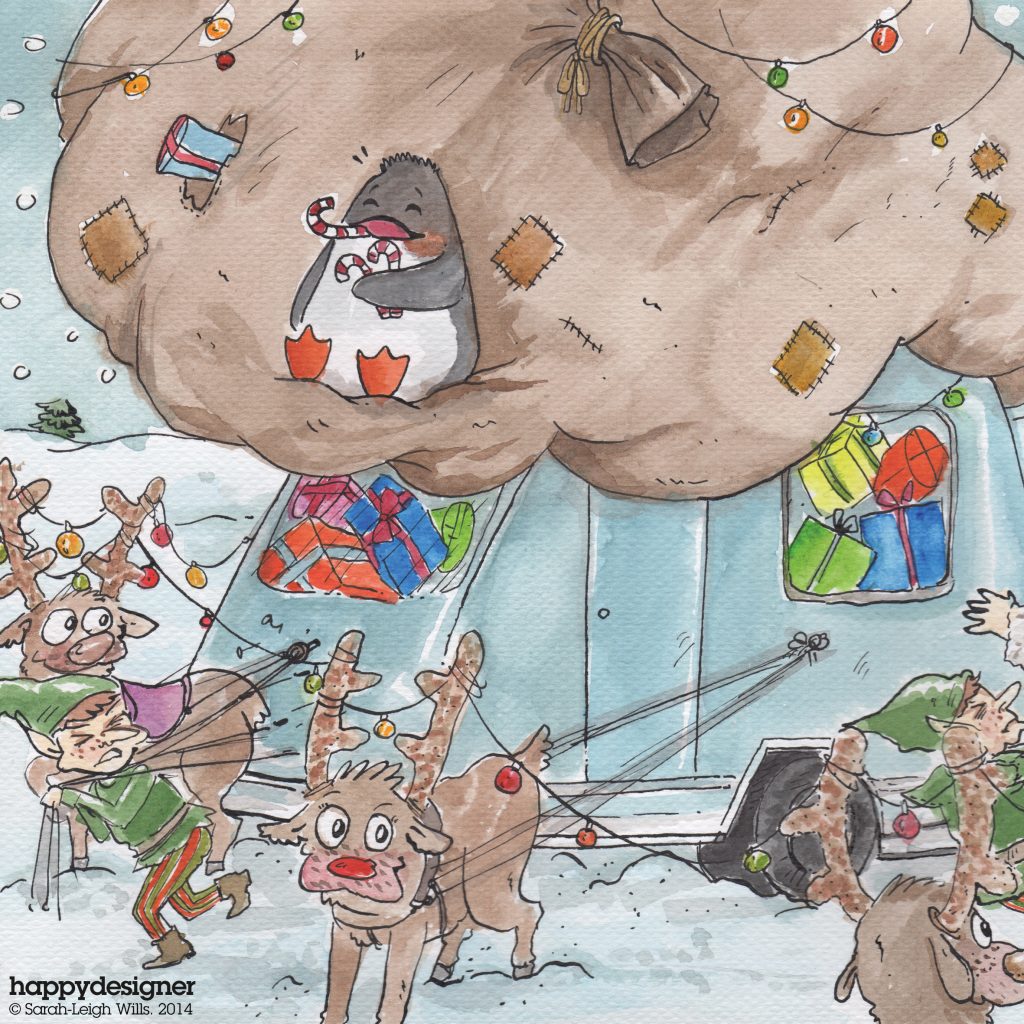
Do children need so many toys?
Christmas is a time of giving and receiving, and for some quite a lot is received. These days kids can watch all sorts on YouTube and online, and are more open to advertising than any generation before them. From a very young age children are learning how to use iPads and laptops, and can access a huge amount of information, which can be exploited by advertising companies and retailers. We are all fairly savvy now to the ways that advertisers target us, and with the option of opting out of cookies we are able to see exactly how we have been targeted in the past, and manage how we are advertised at now. We know that adverts pop up on our social channels because we’ve bought something from a website (or even browsed a website) and we know that our mobile phone and computer use is monitored by the app companies and phone companies that provide the services we use. But what parents are perhaps not as prepared for is seeing how children are susceptible to advertising from their own peers.
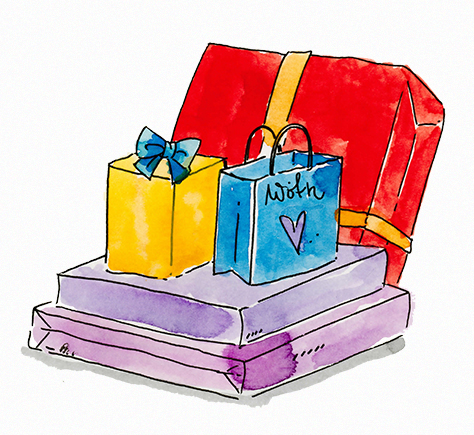
Whilst it’s not unusual for kids to see images and adverts on their Instagram or Facebook pages that their heroes and admired celebrities are paid to promote, it’s become a big thing for their own peers to take matters into their own hands and start to show “unboxing” videos, and videos of children their age receiving huge amounts toys to play with. Whilst it’s true that a lot of the toys are donated to charities, it doesn’t mean that your children are aware of this and can understand that the toys aren’t being kept by the video creator. Ryan Kaji was four when he started his YouTube channel of unboxing toys, and his first video has been viewed over a billion times. He was the highest paid YouTube star of last year, when he earned more than £17m, mainly through partnerships with toy firms and his own TV show. He’s now eight!
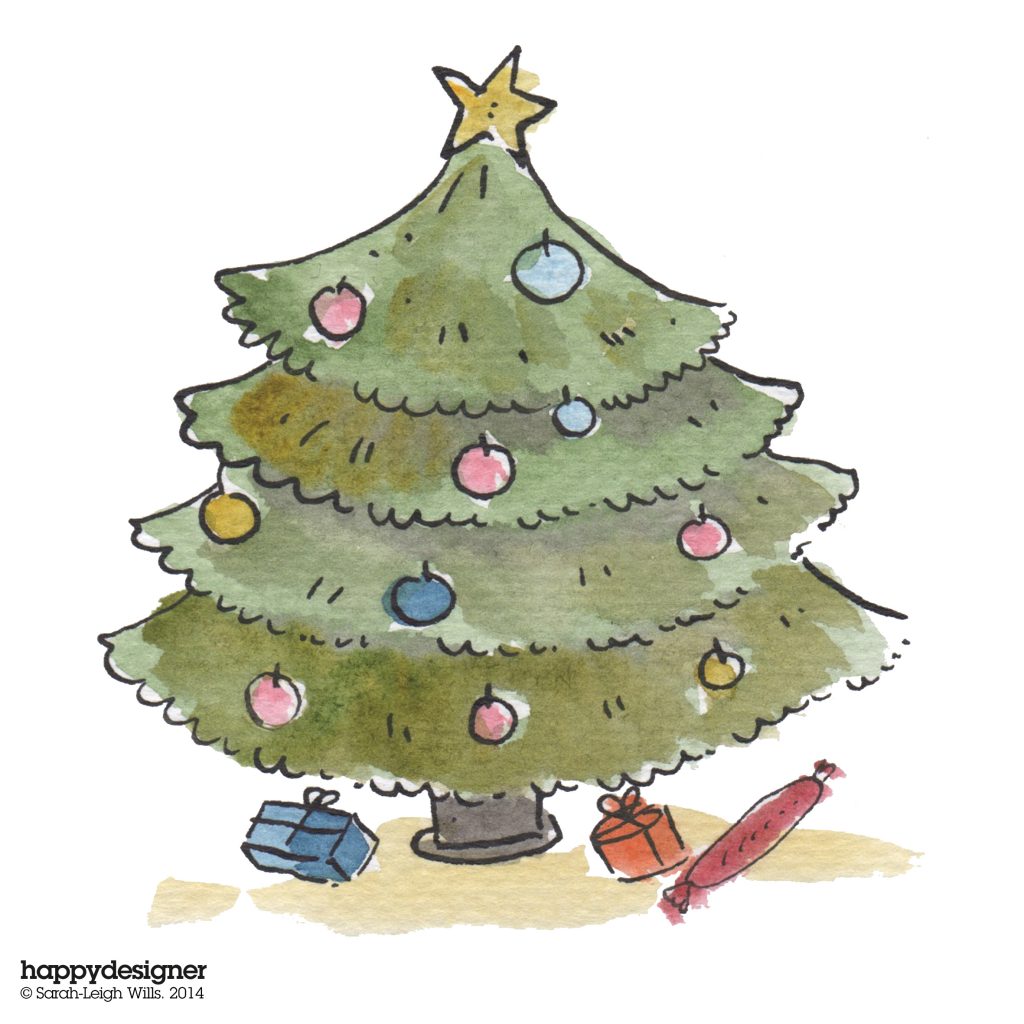
With Christmas only just around the corner, many parents are asking themselves what is the best thing to do in terms of buying presents for their children. Whilst it’s tempting to spend as much money as possible on making sure your children have the best Christmas, and can hold their heads up high at school with the latest gadgets and new coats, it doesn’t take long to search online and see what kind of debt we get into at Christmas; a third of Britons are willing to borrow money to buy gifts, and many websites and debt helplines are creating ways to escape putting presents onto credit cards, or borrowing to cover the cost of food. But with videos from children as young as four promoting huge gift hauls and toy splurges to other children, it can feel as though we are meant to keep putting our hands into our pockets, even when the pocket is empty.

So what can be done to help curb the spending, and buy each other meaningful gifts that don’t cost the earth? Thankfully, with the awareness of pollution and avoiding plastic where possible, toys are becoming more eco-friendly, and more pocket-friendly. If you have tiny tots this year perhaps buy them one or two gifts, and make the toys wooden building blocks, push-along animals or puzzles. Older kids can get a lot from toys that require a bit more brain power, such as dolls, toy soldiers and arts or craft materials. If you have family remember that they are likely to buy your kids some gifts too, so they won’t go empty-handed on Christmas Day. But even a few gifts to a child are enough. If you watch children open presents, they tend to gravitate towards one or two that they really love, and play with them all day. Too many toys can swamp a young brain, and be too much for them to take in. Plus, you are creating a future adult who won’t buy lots of gifts, thus making a bigger change to later years on a wider scale. If you have lots of family who buy gifts, consider pacing gifts over the Christmas period, or into the New Year if you have a lot. But don’t feel you have to give and give; gifts are a way of saying you care about someone and want them to be happy. They aren’t for you to get so far into debt you are paying it off until the next Christmas. With the current push towards a more eco-friendly approach, perhaps we need to look a simple gifts of love and happiness, rather than expensive gifts or gifts because you feel you should. A few simple tokens to show someone you care is worth so much, as they will be genuinely appreciated.
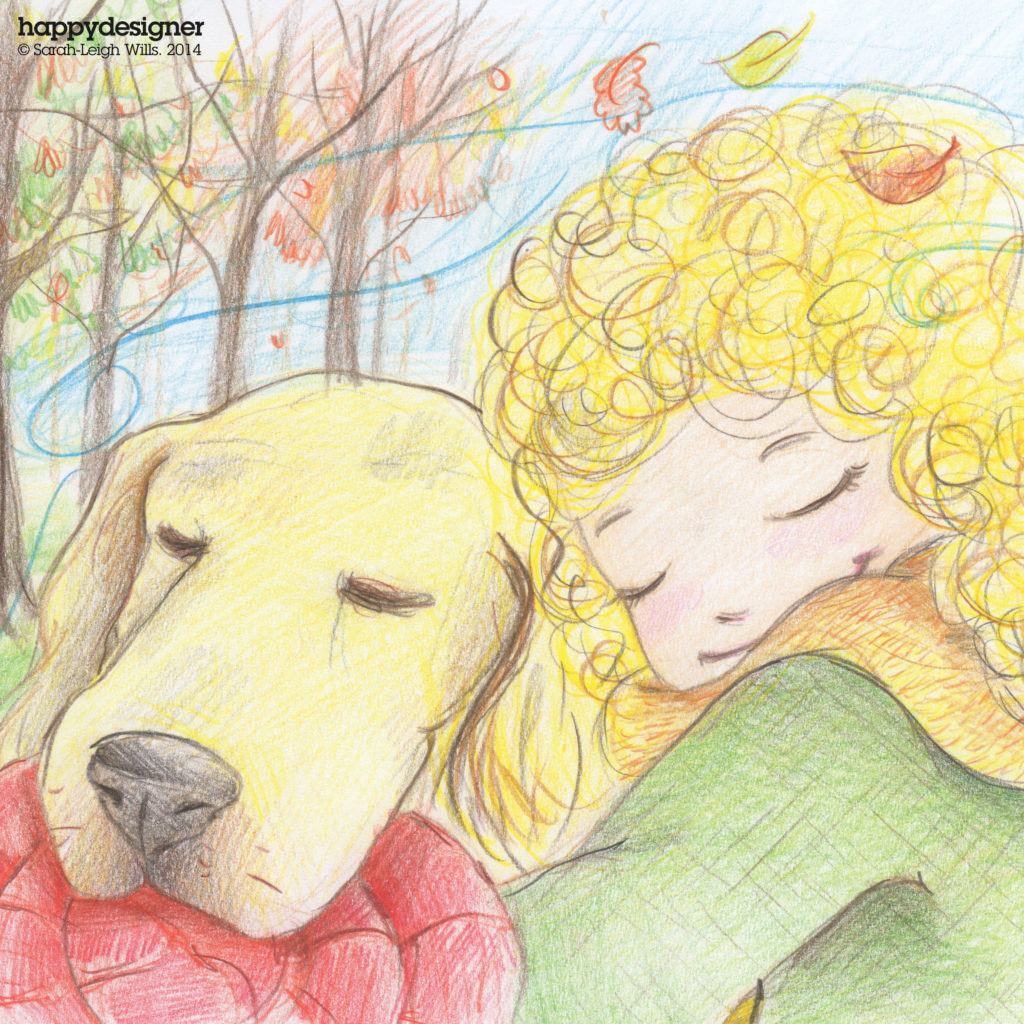
Top Gift Tips:
- Make your own! Young kids especially will love doing this. Paint your mum, dad or carer a picture and give it to them on Christmas Day. Or create your own Christmas cards for the ones you love, and put vouchers for hugs, cups of tea or breakfast in bed inside.
- Buy a simple gift. One book, such as a picture book, will keep a small child entertained for hours. Parents who have read the same book over and over again every night will know that one or two books are enough for a small child. Sometimes for a whole year (or so it feels!)
- Buy local and handmade. Something being pushed over the past few years from smaller retailers and businesses is the idea of buying locally and buying handmade. Local jams, chutneys and candles are fab gifts, and usually you can ask for a nice box to wrap it in as well. Soaps, bath products and even hats and scarves can be fab gifts, and you don’t even have to leave your own town!
- Buy SIMPLE! Finally, keep it simple. Whether you make presents, buy them or donate them, you are telling someone you care about them enough to give them something that they can cherish and value. Make the most of the moment of giving, and the pleasure in receiving. Even hosting a coffee morning with homemade mince pies (if you can do it!) is a lovely way to give the gift of love and, so very importantly, time with your loved ones.
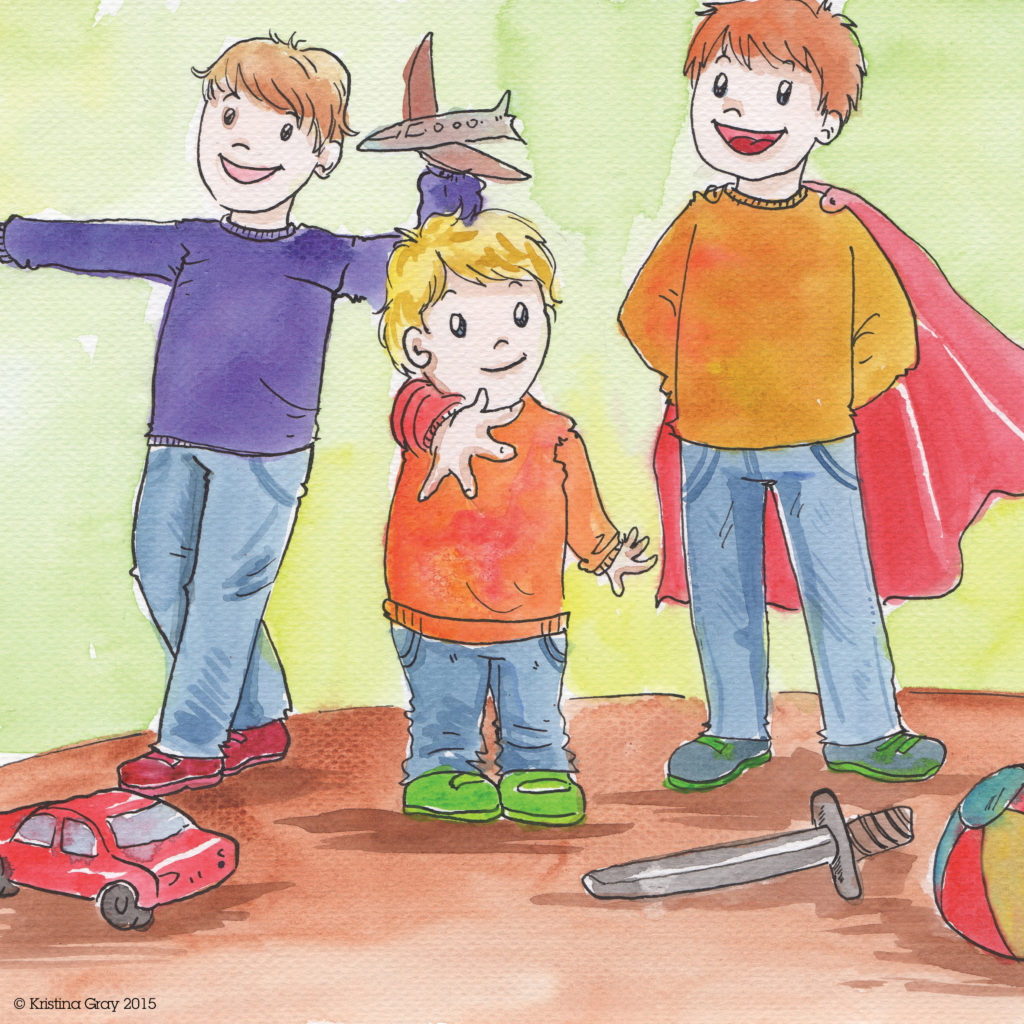
Most importantly, whatever you do, make sure you enjoy yourself, try to take some time to yourself and try to spend some time with the ones you love.

